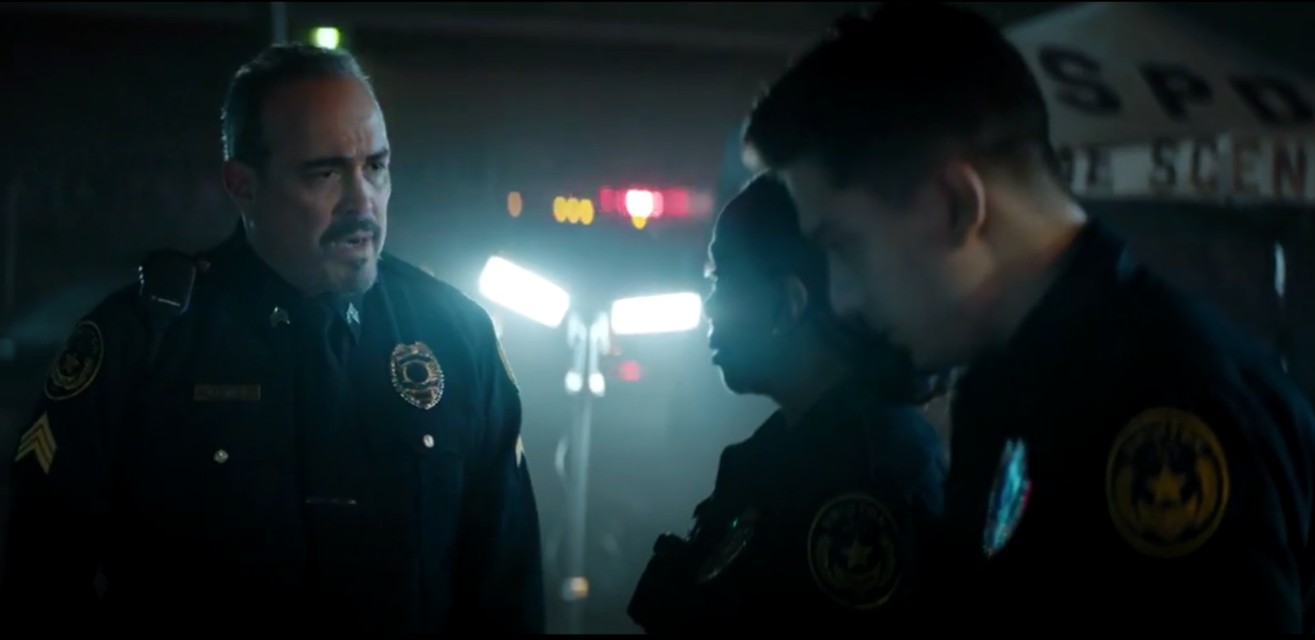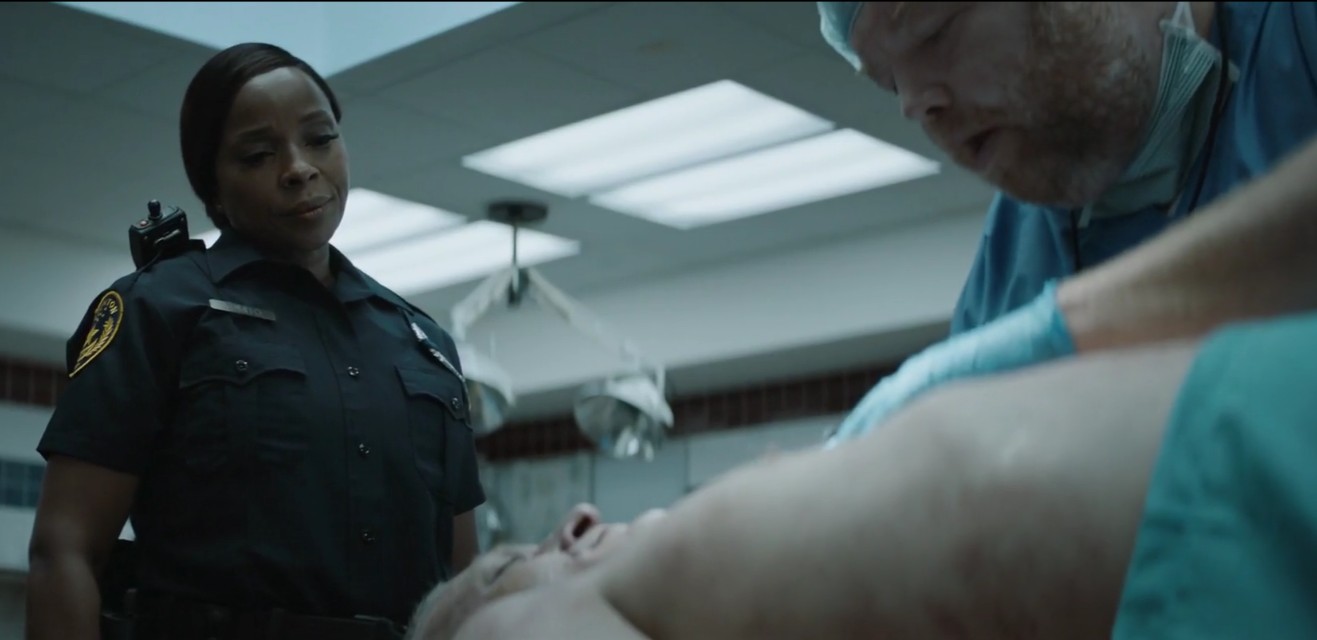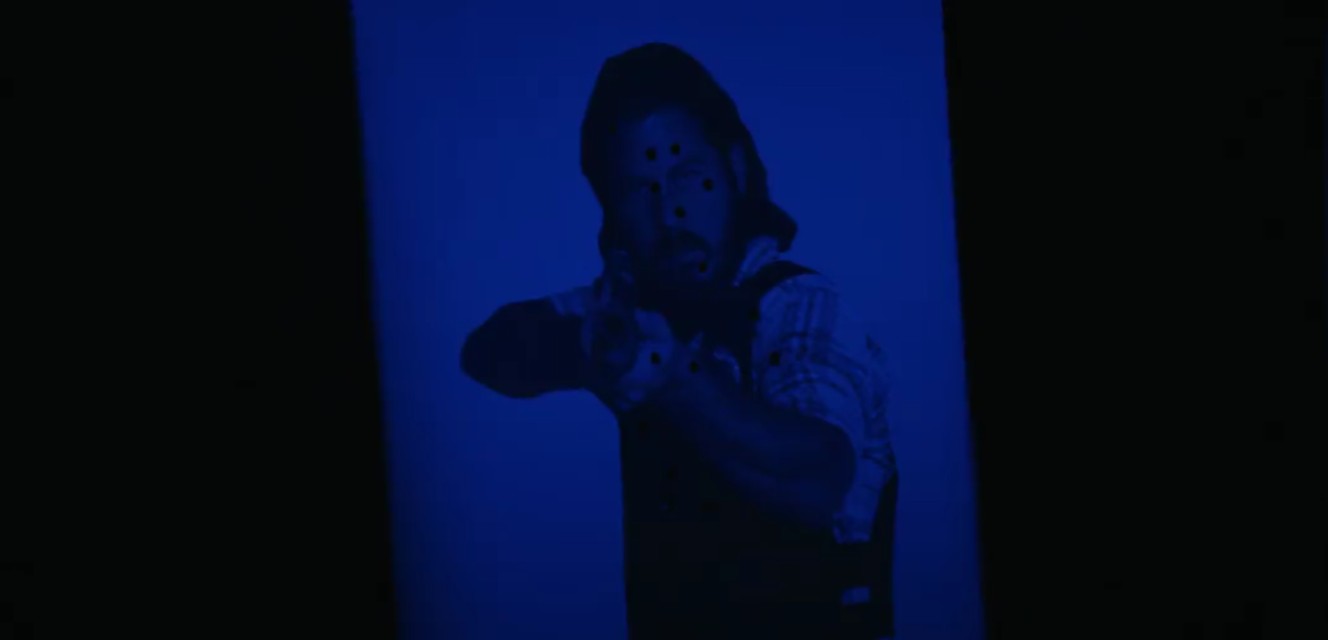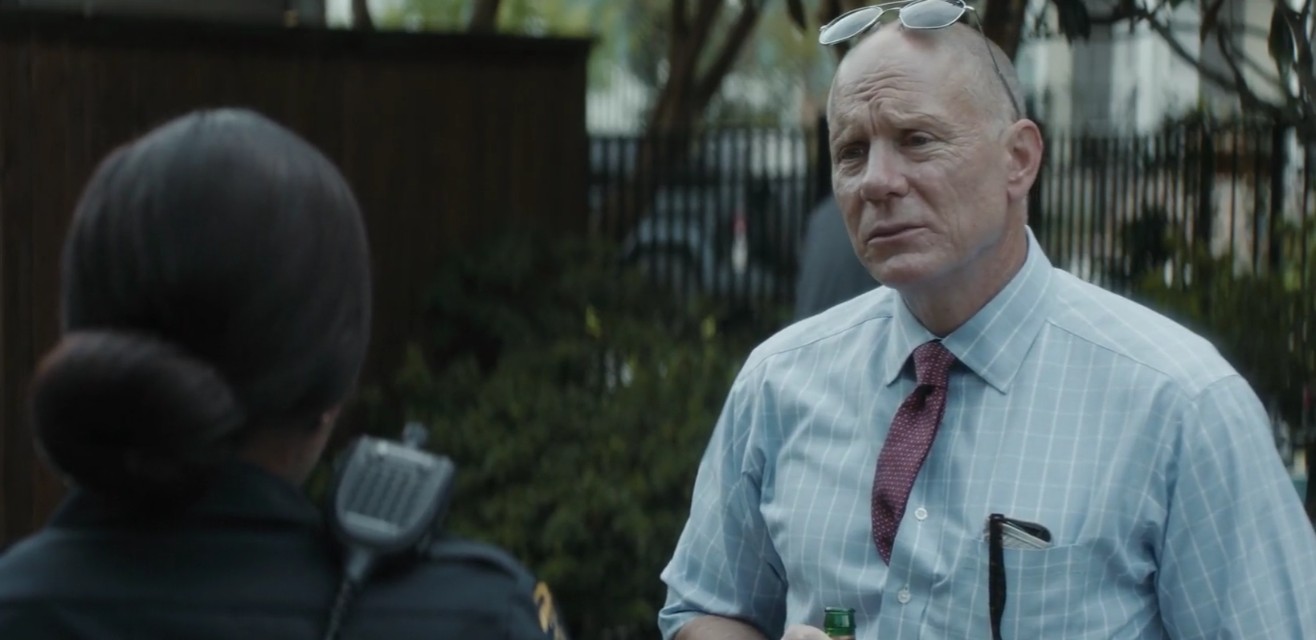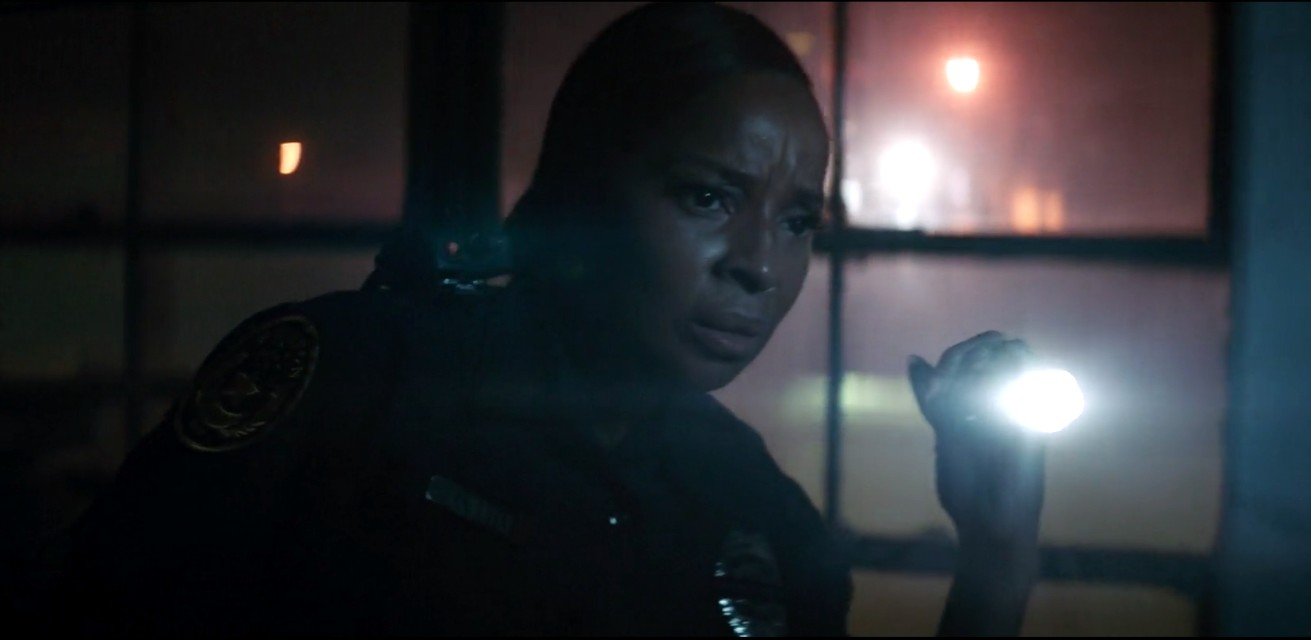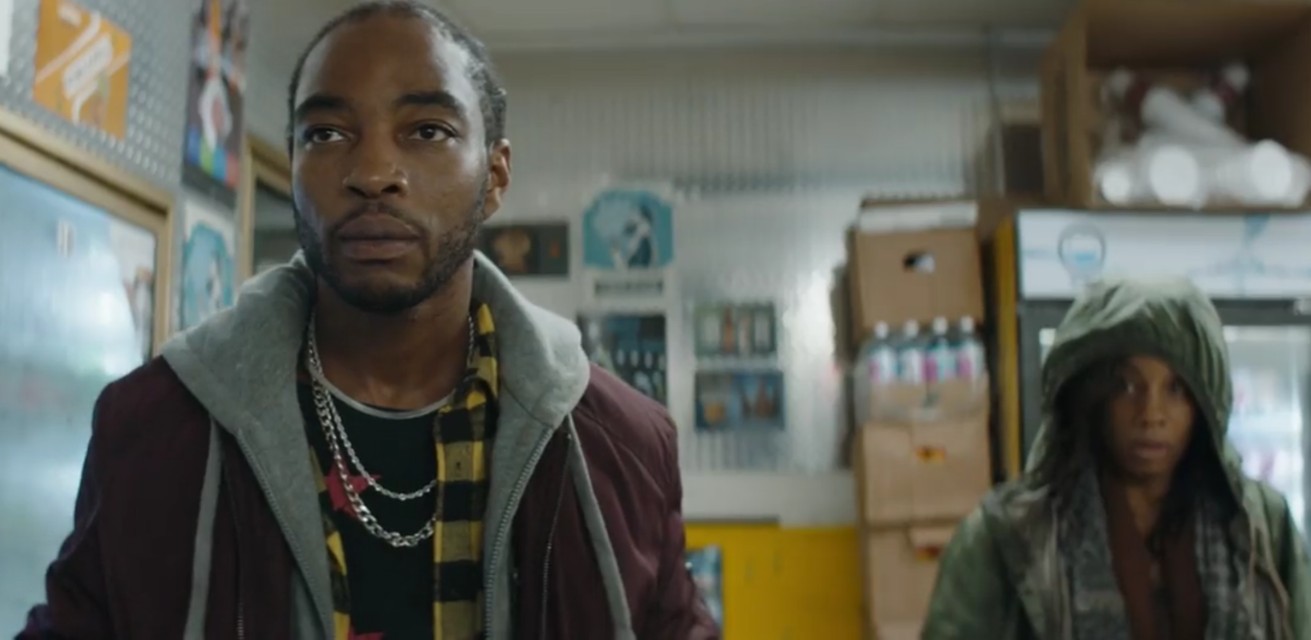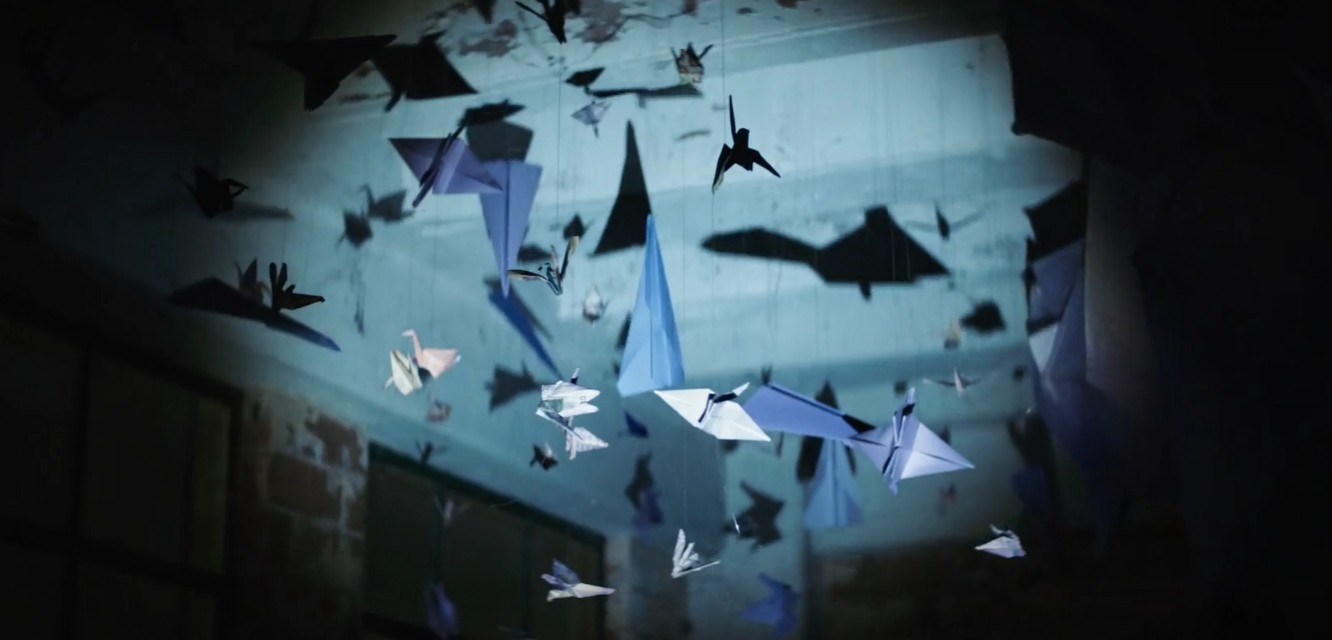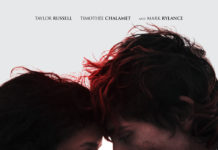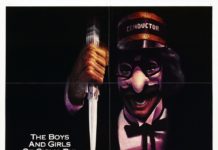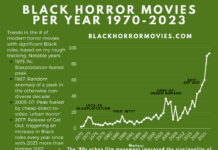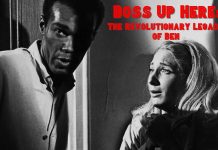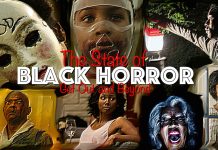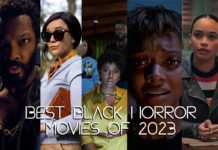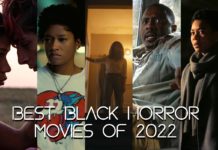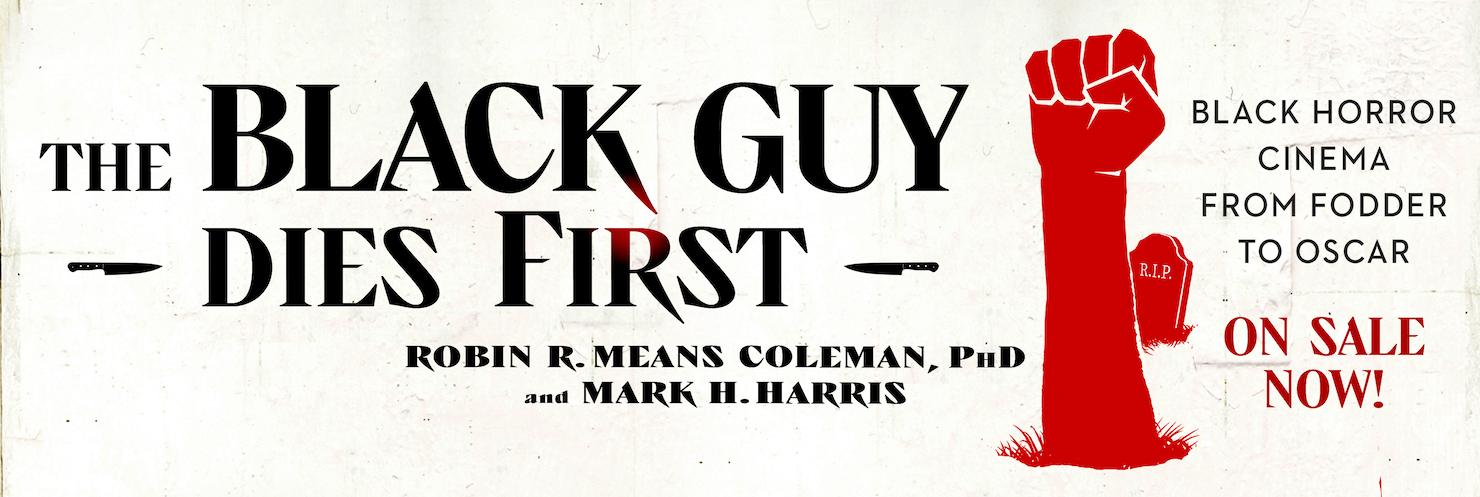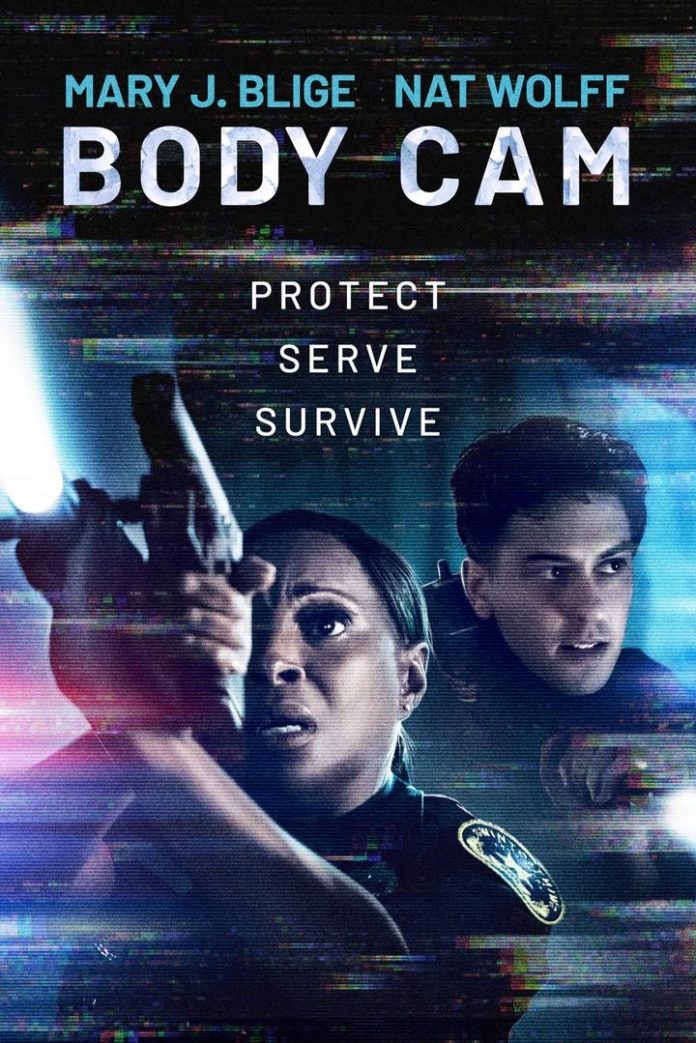As incidents of racial profiling and police brutality continue to make headlines, Body Cam — the Mary J. Blige vehicle about an entity haunting police officers involved in the death of a black teen — is as relevant a film as ever. Cinematically speaking, however, it’s a bit late to the party, trailing a host of movies from the past few years that have revolved around this increasingly trendy subject matter — including Fruitvale Station, The Hate U Give, Queen & Slim, Black and Blue, See You Yesterday, Detroit, Monsters and Men and even the Oscar-nominated French film Les Misérables.
The tricky thing about telling stories with such heavy-hitting social relevance, though, is that while you want to make the message prevalent enough to permeate mainstream consciousness, you run the risk of saturating the market to the point where the audience becomes desensitized and overexposed and dismisses these films as sermonizing overreactions. This is where genre trappings come in handy.
You see, surrounding the message with a pulpy framework — as Body Cam does with its ghostly storyline — freshens the social commentary by shining a more fantastic lens on a familiar trope, drawing in not only viewers who are weary of the theme but also fans of the genre who might otherwise be averse to racial politics. Perhaps more than any genre, horror has historically had the ability to address such heavy topics in a way that entertains without sounding preachy. You can easily read social commentary in classics such as Night of the Living Dead and Invasion of the Body Snatchers, for instance — and certainly in more contemporary films like Get Out and The Purge — but if you chose to ignore those messages, you could still enjoy them as shallow genre films.
In fact, it’s the trendiness of racially and sociopolitically tinged horror — courtesy, in large part, of Jordan Peele — that is likely responsible for Body Cam coming to fruition. I doubt it’s coincidental that its spec script was bought just one month after Get Out’s overwhelmingly successful release in 2017.
Body Cam is no Get Out, of course. Its plot is a lot simpler and less inspired — a straightforward tale of vengeance from beyond, breathed new life with the urban setting and racial overtones. Think of it as a supernatural version of Black and Blue (which effectively used another pulpy genre, action, to make its message more accessible) or more accurately, a feature-length version of the “Rogue Cop Revelation” entry in Tales from the Hood.
Director Malik Vitthal follows up his acclaimed John Boyega drama Imperial Dreams with this effort, which is sophomoric not only in chronological terms, but also in terms of relative quality. It’s rife with genre cliches and boilerplate characters (Blige’s Renee fits both the police thriller trope of the burnt-out cop and the haunted house trope of the grieving parent investigating the death of another child), and the plot plays out like a by-the-numbers mystery — although frankly, it’s kind of nice to see a gender switch in the cliche of a cop’s underdeveloped, doting spouse (in this instance, Renee’s husband).
That said, while the script, rewritten by Nicholas McCarthy (director of strong horror efforts The Prodigy, The Pact and At the Devil’s Door) provides no real surprises, its execution is strong. Vitthal brings the grit and heart-wrenching tragedy of Imperial Dreams but also manages to pull off the requisite creepiness of a horror flick — granted, it seems like a missed opportunity that, in a movie called Body Cam, it doesn’t really utilize body cam video in “found footage” fright flick fashion. It’s an attractively shot film that shows Vitthal’s range, capturing horror, drama and action against a tense backdrop of simmering social unrest.
The cast, headlined by Blige, likewise helps keep the plot from flatlining. Despite her Oscar nod for Mudbound, I wouldn’t call Blige a great actress. Her strength is more that she’s relatable; she has an understated, everywoman appeal that grounds her roles, and in a movie about social injustice, that’s key. In fact, the more black entertainers — actors, musicians, athletes — are seen as relatable in the mainstream, the more the mainstream is likely to take matters affecting black folks to heart, since people tend to not take things seriously until they affect people they know. This is in part why on-screen representation matters so much and how it can impact the real world — and hopefully the fact that this movie stars a nearly 50-year-old black woman signals a change in direction for Hollywood casting conventions.
While Body Cam lacks the nuanced realism of Imperial Dreams, it’s evident that Vitthal has a sense of the complicated social dynamics between the police and the communities they are supposed to protect and serve — especially when those communities are poor and black. He’s able to at least partially reflect the level of distrust between the two sides, with Renee trying to straddle the thin blue line as public anger over the systemic abuse of police powers threatens to boil over.
Although it was filmed in 2018, the ghostly vengeance in Body Cam is a physical manifestation of the outrage and exasperation gripping the U.S. upon its release in May 2020, when a series of high-profile, racially charged events caught on video actually relegated COVID-19 to B-story status in the national news: from the death of Ahmaud Arbery at the hands of a retired Georgia policeman and his son to the “Central Park Karen” who called the cops on a black birdwatcher who asked her to leash her dog, to the callous killing of George Floyd under the knee of a Minneapolis police officer.
It’s appropriate that Body Cam is set in a fictional city — Swinton, Louisiana — because it represents any town in America, a country built upon racial inequality that has yet to realize that you can’t just snap away 400 years of racism and its underlying socioeconomic conditions, whose leadership can’t even acknowledge a broken system and whose voting populace cares less about right and wrong than about which “side” wins. In and of itself, Body Cam is a solid yet unspectacular genre film, but against the backdrop of real-life social injustice and unrest, it takes on new life, resonating with the urgency of its time.
